

The Council for Scientific and Industrial Research (CSIR) has released its hybrid waste-to-energy policy guidelines for feedback from experts and stakeholders before finalising the paper.
Following this, the council hosted a stakeholders’ meeting to raise awareness of the draft policy that would govern waste-to-energy (W2E) programmes across the country.
It will also increase stakeholder participation and collaboration in preparation for the next stage of the guidelines implementation.
The study was carried out by the CSIR-Science and Technology Policy Research Institute (CSIR-STEPRI), which received funding from the German Federal Ministry of Education and Research (BMBF) through the West African Science Service Centre on Climate Change and Adapted Land Use (WASCAL).
The initiative, which began four years ago, has gone through several stages, including baseline surveys, community participation, stakeholder discussions, education, and research.
Some of the meeting’s highlights were hybrid waste-to-energy (W2E) as a sustainable option for Ghana, an overview of waste-to-energy implementation and purpose, waste conversion to renewable energy, and the state of the waste-to-energy project.
Prof. Paul Bosu, Director-General of CSIR, stated that the recommendations were prepared as part of the building of a 400 KW hybrid waste-to-energy project at Gyankobaa in the Atwima Nwabiagya Municipal Assembly of the Ashanti Region.
He stated that the initiative processed municipal solid waste by segregating it and converting different components into electricity utilising biogas, pyrolysis, and solar PV plants.
“CSIR is so proud to be associated with this novel energy project which converts municipal waste into renewable energy through three different technologies.”
“The guidelines will assist policymakers and stakeholders to assess opportunities, limits and risks of waste-to-energy technology for effective planning and efficient investment in waste management,” Prof. Bosu added.
He expressed gratitude to the German government and WASCAL for supporting the feasibility studies.
Source: Energy Ghana





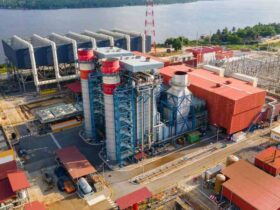

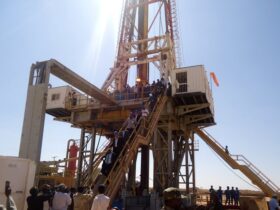

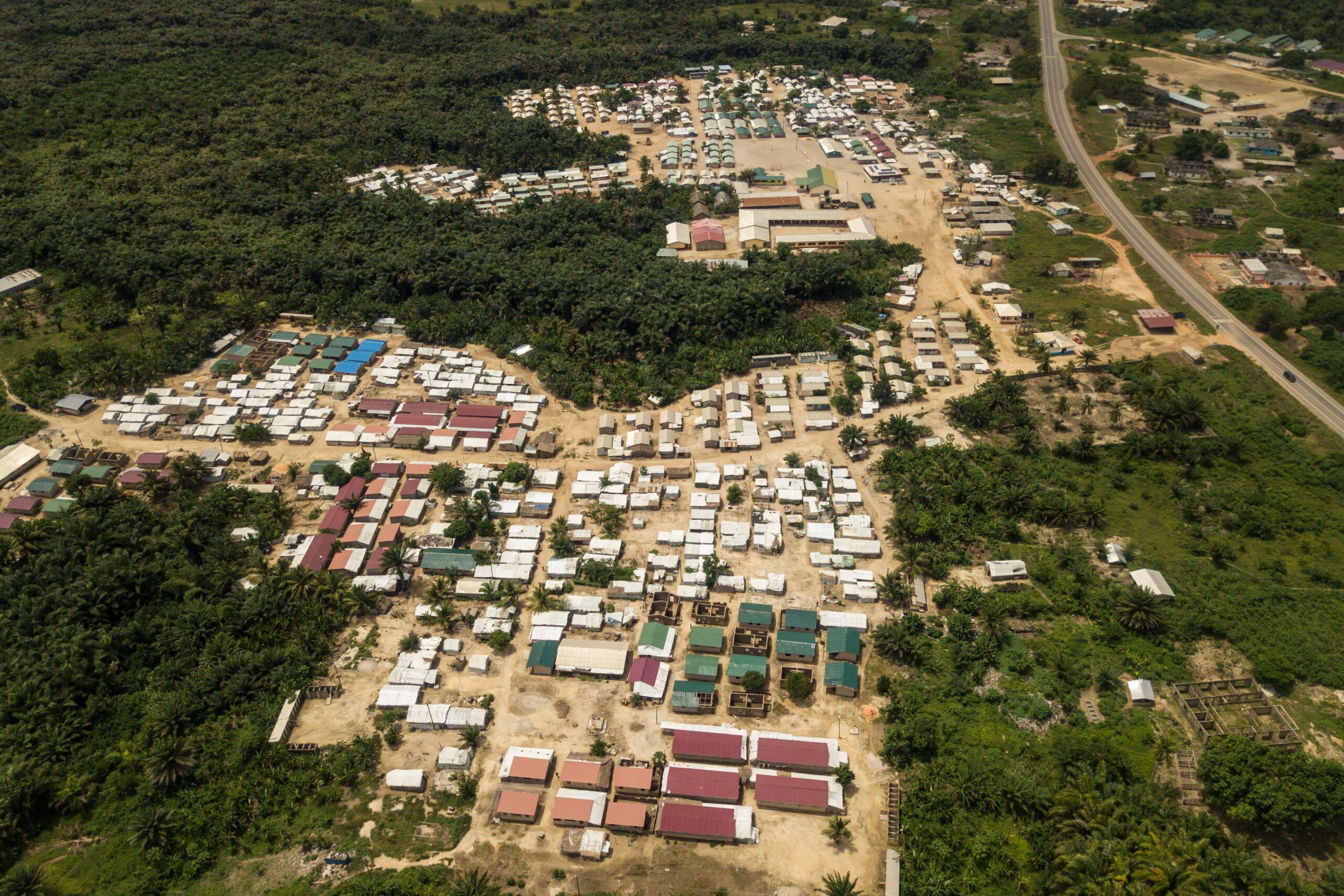

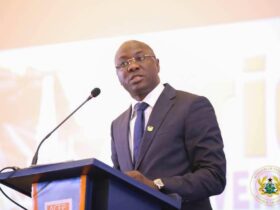
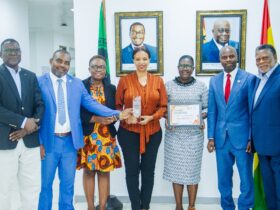


Leave a Reply